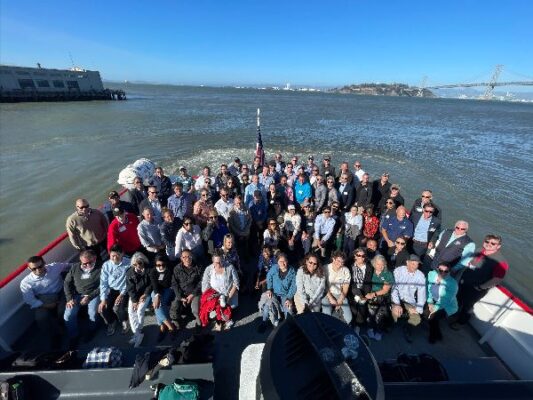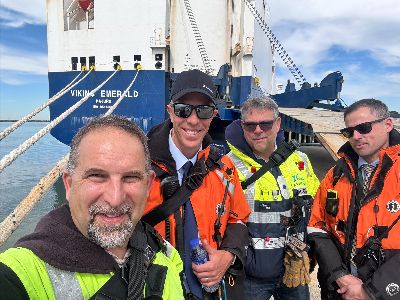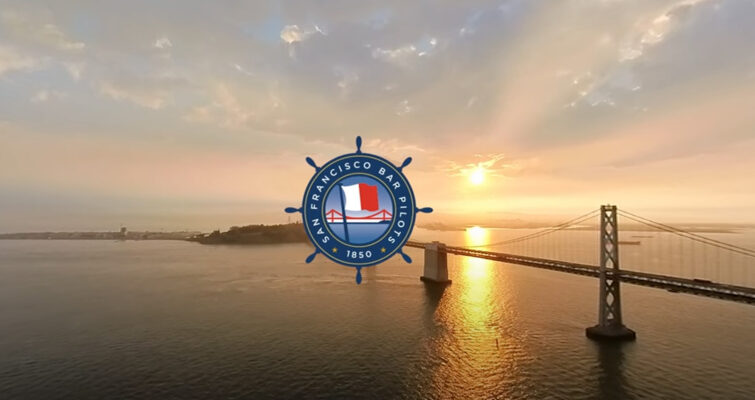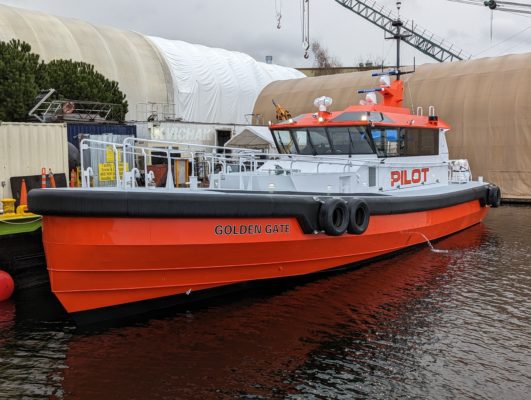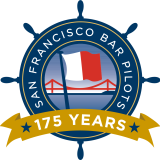Helpful Tips and Advice from the San Francisco Bar Pilots
As stewards for safety on the water, particularly in the challenging Bay Area waterways, the San Francisco Bar Pilots are sharing their knowledge and expertise to serve as a resource guide for recreational boaters looking to learn the basics of rules, safety, and advice from seasoned professionals.
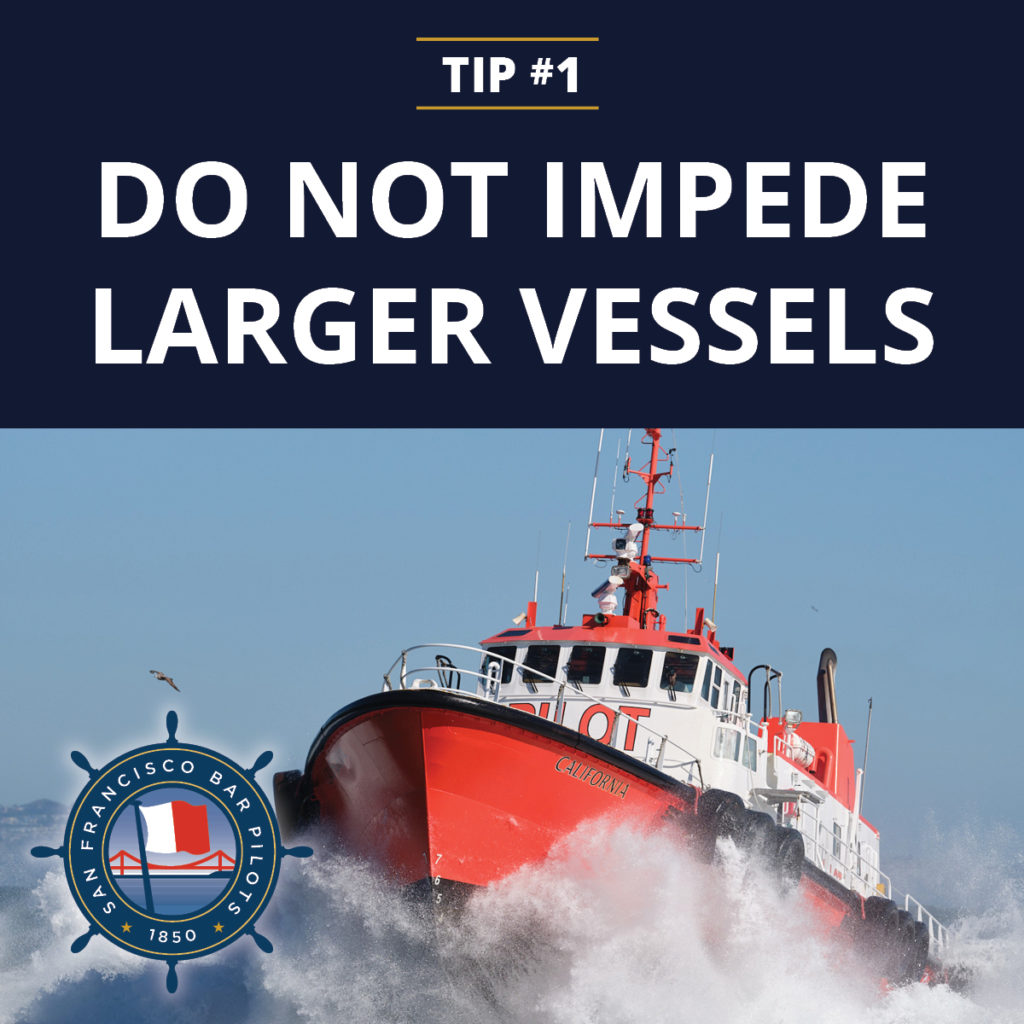
Recreational Boating Safety Tip #1: Do not impede larger vessels!
Rule 9 of the International and Inland Navigational Rules of the Road states that “A vessel of less than 20 meters [65 feet] in length or a sailing vessel shall not impede the passage of a vessel that can safely navigate only within a narrow channel or fairway.” This rule is particularly important in the San Francisco Bay, as there are constantly large ships coming in and out. Violators of Rule 9 are subject to a USCG civil penalty.
Recreational Boating Safety Tip #2: Ships can’t stop!
Ships are not cars – they do not have brakes, meaning that boat operators should be aware of their speed at all times as well as the proximity of other boats or hazards in the area. Stay well clear of any ship that is underway, it cannot stop to avoid you.
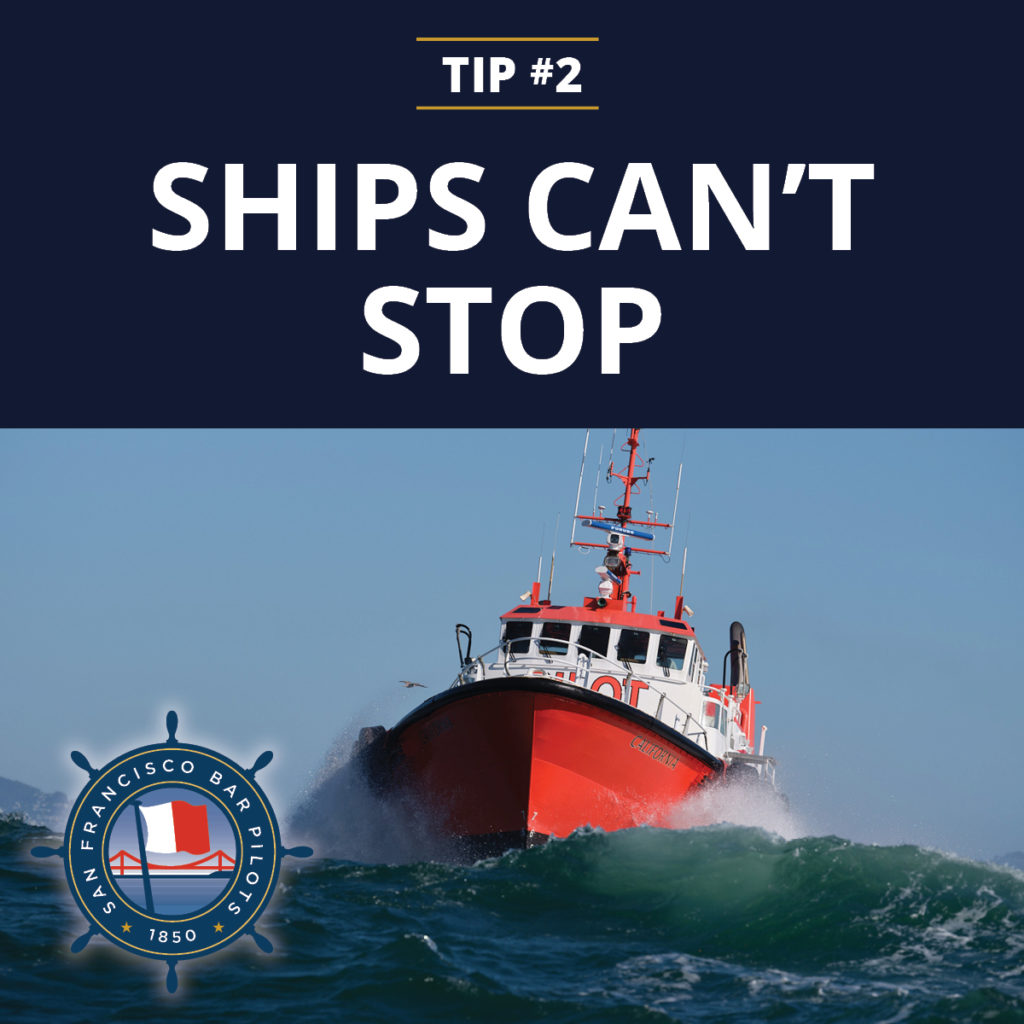

Recreational Boating Safety Tip #3: If a ship blows the danger signal (5), it means you are in danger of colliding and should take immediate action.
A ship emitting five short horn blasts indicates that you are in imminent danger of colliding, and you should be moving to allow ship to safely. pass. Recreational Boating Tip #1 highlighted not impeding large vessels, so you should always be aware of who and what is around you, but five short blasts of the horn are an imminent warning that you should be moving.
Recreational Boating Safety Tip #4: Maintain constant awareness and communication
While boaters should always keep their eyes and ears open on the water, it is also important to utilize the resources on your boat, including radar for detection, VHF marine radio for communication, and the Automatic Identification System (AIS) for navigation status. Using all these resources in together allows a boat operator to be constantly aware of their surroundings in the water to ensure safety for yourself and the boaters around you.
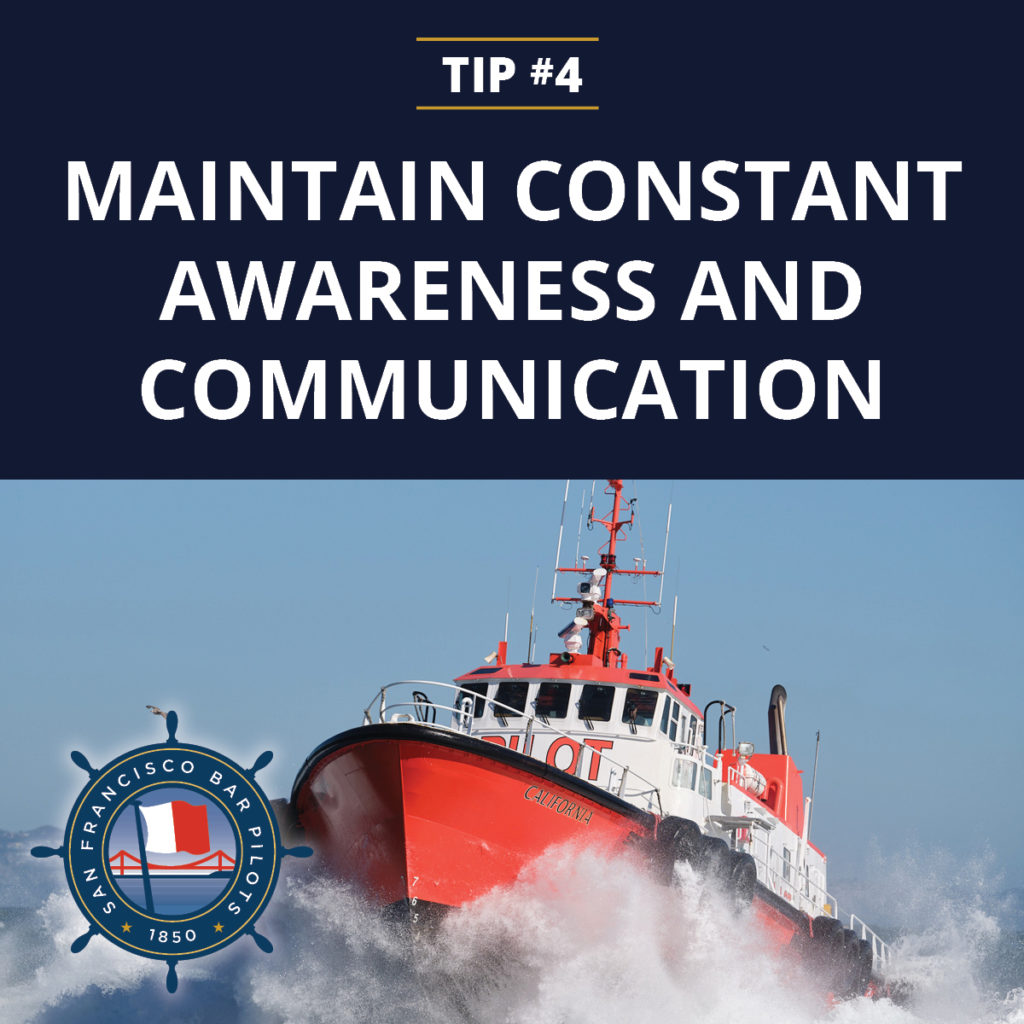
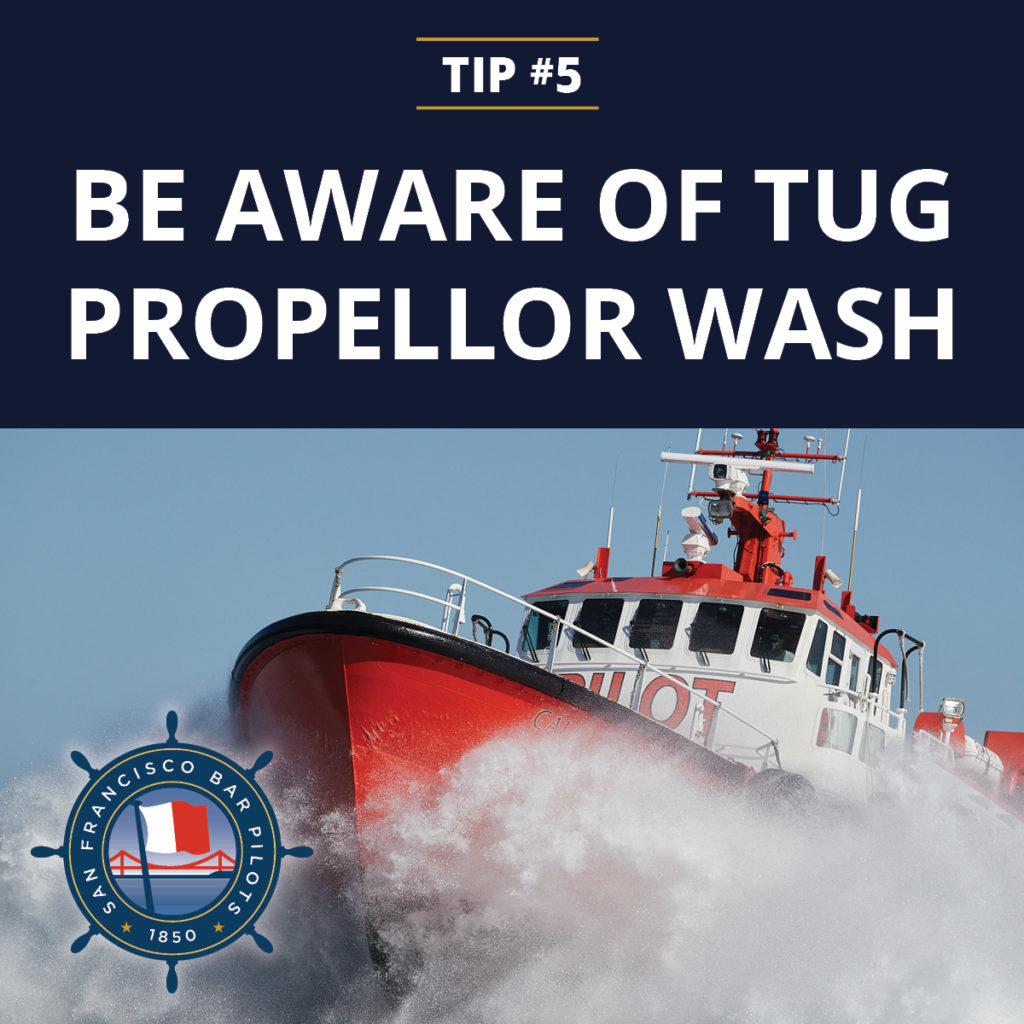
Recreational Boating Safety Tip #5: Be aware of tug propellor wash
While not as physically imposing as some of the large carriers that they haul, tugboats carry a lot of power. Propellor wash coming from these vessels can create significant turbulence, at times causing boats to be shoved off course or even flipped upside down – so always be aware of tugboats near you as well as where the wake is going.

